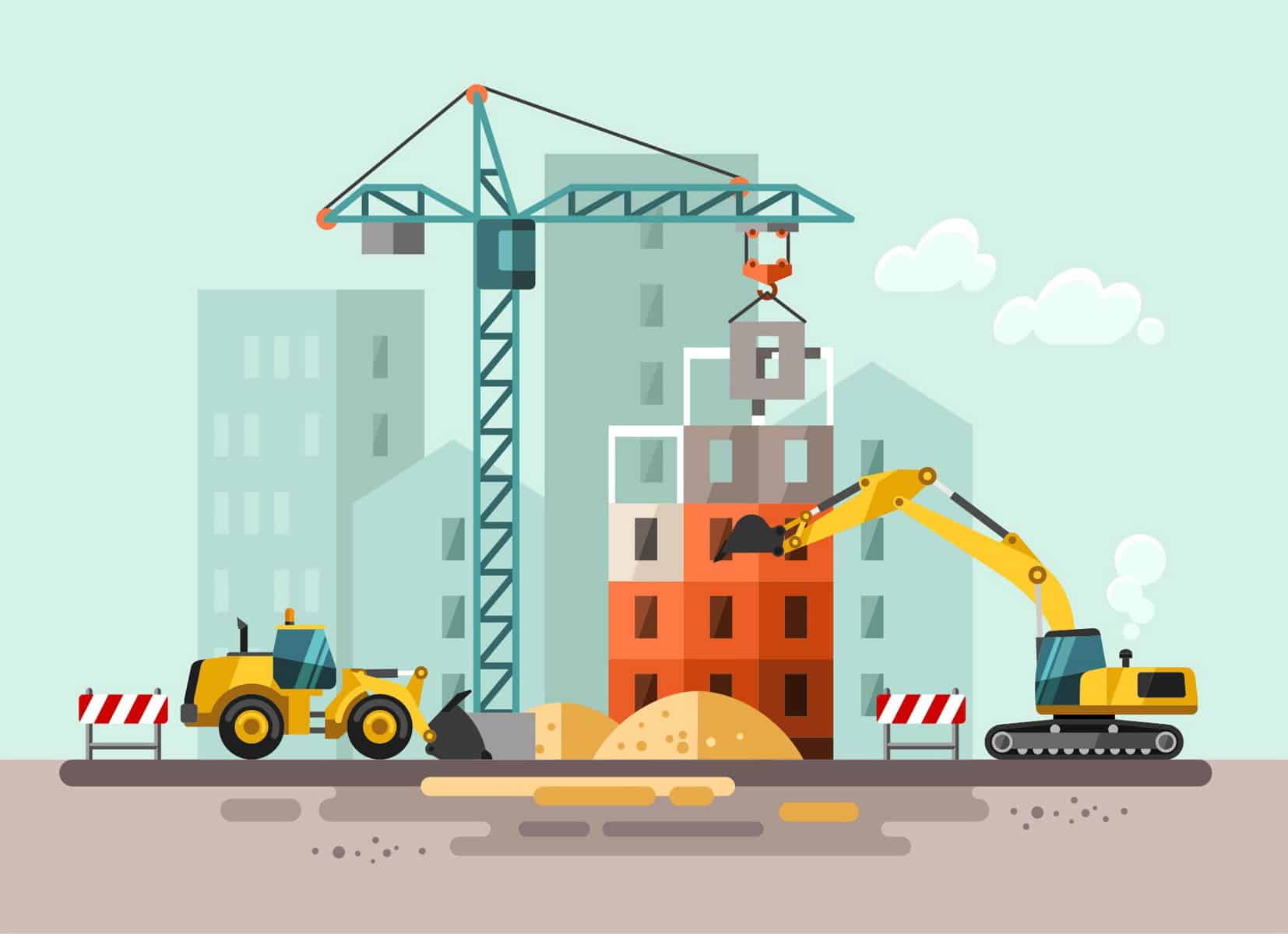Managing a
Complex Case Virtually:
A Case Study of
Construction Defect Litigation

For nearly three years, the Infinity Tower Litigation in San Francisco progressed through the legal process as any complex construction defect litigation would: 16+ parties continually deposited data into a document depository and counsel conducted both percipient and expert depositions in person, essentially following the “normal” workflow of a case in an effort to complete discovery before their given trial date.
Then, everything changed in March of 2020 as a result of the COVID-19 pandemic.
Due to shelter-in-place orders issued throughout the country, all in-person depositions on the calendar were put on indefinite hold with no clear indication of when they could resume. Shortly thereafter, the parties asked one simple question: how can we continue moving this case forward as we all work remotely?
The parties immediately scheduled a case-wide call with their court reporting partner to discuss their options to keep the litigation moving forward. There was no shortage of questions compiled by the group, including:
- What type of virtual platforms exists that can accommodate a deposition remotely?
- How will we be able to view/share exhibits?
- How can we communicate with our clients if we aren’t in the same room?
- What is the admissibility of a deposition taken remotely?
After that initial case-wide call, we provided a thorough presentation of our virtual conference solution and continuous digital exhibit storage, sharing and management platform for all parties. While this crucial first step of seeing the technology was important, it was not enough to garner the support of the group to begin taking depositions. There were still many questions and concerns that needed to be addressed before the discovery process could resume.
To address their concerns, the next step was to schedule a mock deposition to simulate the actual experience the litigators would have in a remote setting. This may have been the most important preparatory step taken as it allowed all the parties to encounter any issues they had not previously considered and thus were able to create a workflow for how their depositions would unfold. Even with this step, at the conclusion of the mock deposition, there was still some hesitancy to move forward with remote depositions.
The final step was to provide individual training sessions for each party in the litigation. Not only were the attorneys in attendance at these training sessions, but the entire office staff who would be assisting on the case participated as well. The importance of having both the attorneys and support staff trained on the technology cannot be understated.
At the conclusion of the personal training sessions, the decision was made to resume discovery on the litigation – remotely. As the remote depositions began, the group was able to seamlessly mirror their in-person deposition services in a virtual environment:
- A court reporter present to capture the proceedings verbatim
- A professional videographer present to record the proceedings
- A deposition technician present to handle the exhibit management process
- Even realtime transcript feeds were available to those interested
Having constant and clear communication between counsel and U.S. Legal Support enabled this complex construction defect litigation to conclude on the doorsteps of the courthouse, literally the day before the trial was scheduled to begin. The bottom line – no matter the size or complexity of your case, remote depositions can enable you to continue the legal process and keep the wheels of justice turning.
Want to hear a first-hand summary of the attorneys’ actual experiences? We invite you to watch the recorded webinar below.
Editoral Policy
Content published on the U.S. Legal Support blog is reviewed by professionals in the legal and litigation support services field to help ensure accurate information. The information provided in this blog is for informational purposes only and should not be construed as legal advice for attorneys or clients.

